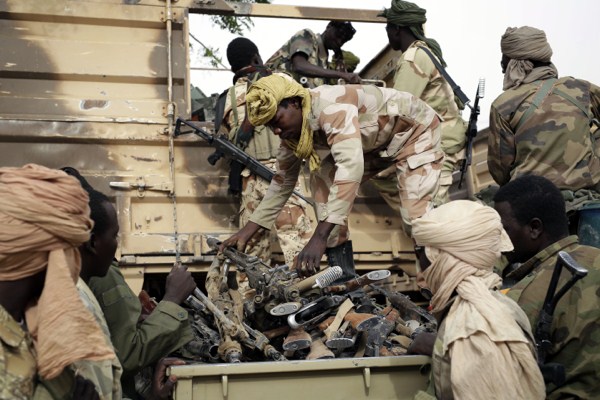War is back in fashion. Across northern and western Africa and in the Middle East, governments are resorting to force to counter regional threats. Last week, Saudi Arabia launched airstrikes against the Houthi rebels in Yemen, with the backing of nine other members of the Arab League. Members of this coalition are already involved in the air campaign in Iraq and Syria against the so-called Islamic State (IS). Some are also itching to get sucked into the Libyan conflict. In Nigeria, meanwhile, an ad hoc coalition of local armies and foreign mercenaries has taken the offensive against Boko Haram.
All of these campaigns have the potential to backfire. Western diplomats fear that West African forces will commit, or have already committed, serious human rights abuses in the Nigerian campaign. The Nigerian army’s brutality in previous assaults on Boko Haram alienated many citizens. If the Saudi-led campaign in Yemen morphs into a full-scale ground operation, it is also likely to turn ugly. The Houthis are backed by Iran, which could choose to fuel a proxy war as it has in Syria. When Egypt intervened militarily in Yemen in the 1960s, it got trapped there for five years and lost 26,000 soldiers.
While outside powers may worry about how these Arab and African interventions will play out, they are nonetheless tolerating or supporting them. In addition to overseeing the campaign against IS, the U.S. is providing political and logistical support to the Yemen operation. France has backed proposals by Chad for increased U.N. support for the fight against Boko Haram, although Nigeria wants to avoid the Security Council interfering in its affairs. As I have previously noted, Italy and Russia seem open to Egyptian plans to give military aid to Libya’s embattled government.

